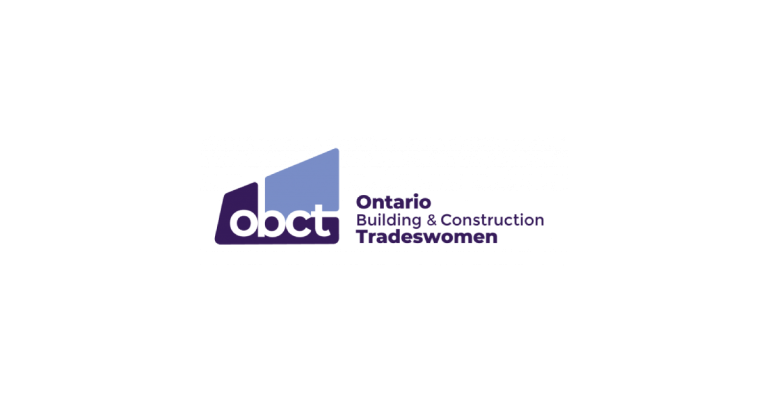How to Ready Your Workplace for Communicable Illnesses Including Coronavirus (COVID-19)

Mar 11, 2020
By Michelle Branigan
As the spread of COVID-19 rapidly increases around the world, companies are beginning to prepare for the possible impact of the virus on their operations. While Canada is currently low risk for transmission (as of time of writing), it’s important to take precautions and have an infectious communicable illness policy in place to protect your people and operations. Remember that by prioritizing your employees’ health, you’re protecting the overall ability of your organization, as well as the communities you operate in.
We’ve seen the economic impact the virus has had around the world. By acting before the worst effects are felt, we can respond with agility to quickly changing circumstances, with hopefully minimal impact on operations and services. With that in mind, I’ve come up with a quick list of considerations that employers should review. The following tips have been compiled from the Public Health Agency of Canada – a5 and the World Health Organization recommendations for workplaces.
1. Review provincial legislation regarding sick leave, and if you do not already, offer additional paid sick leave to employees. Employees who feel they have no choice but to come to work ill pose a danger to their colleagues and the company, so make it clear to all employees how your company’s policies are accommodating the outbreak.
◦ TIP: The Public Health Agency of Canada suggests suspending the need for doctor’s notes, as this will reduce the burden on a stressed health care system.
2. Post clear information in the workplace about how employees can protect themselves.
◦ TIP: Communications regarding proper handwashing technique, respiratory hygiene and reducing exposure can often be found online from your city’s public health department. Ottawa Public Health offers this example.
3. Consider cancelling non-essential travel and make use of teleconferencing whenever possible. Review and relax policies on working from home, if this is an option. Monitor Government of Canada travel advisories and communicate immediately with employees who are returning from risk areas.
4. Make sure that supervisors are kept up to date on symptoms and infection control procedures and know how to contact local public health authorities if they suspect someone may be at risk. If your company has an occupational health department, they should be prepared with messaging and strategies for containing any suspected cases.
5. Review your internal communications procedures and make sure that there is a simple way to reach all employees to keep them informed of updates and changes to company policies as the situation progresses. Share factual, reliable information from trusted health authorities with your company, in order to avoid panic.
◦ TIP: The WHO publishes regular information and advice for the public.
Communicating regularly and openly about company policies and procedures can go a long way in mitigating fear. Ultimately, remaining flexible and accommodating during this time will leave your organization (and community) better able to bounce back when the outbreak has passed.
Michelle Branigan is CEO, Electricity Human Resources Canada.








![Guide to the Canadian Electrical Code, Part 1[i], 26th Edition– A Road Map: Section 56](https://electricalindustry.ca/wp-content/uploads/2022/11/Guide-CE-Code-2-768x432.png)








